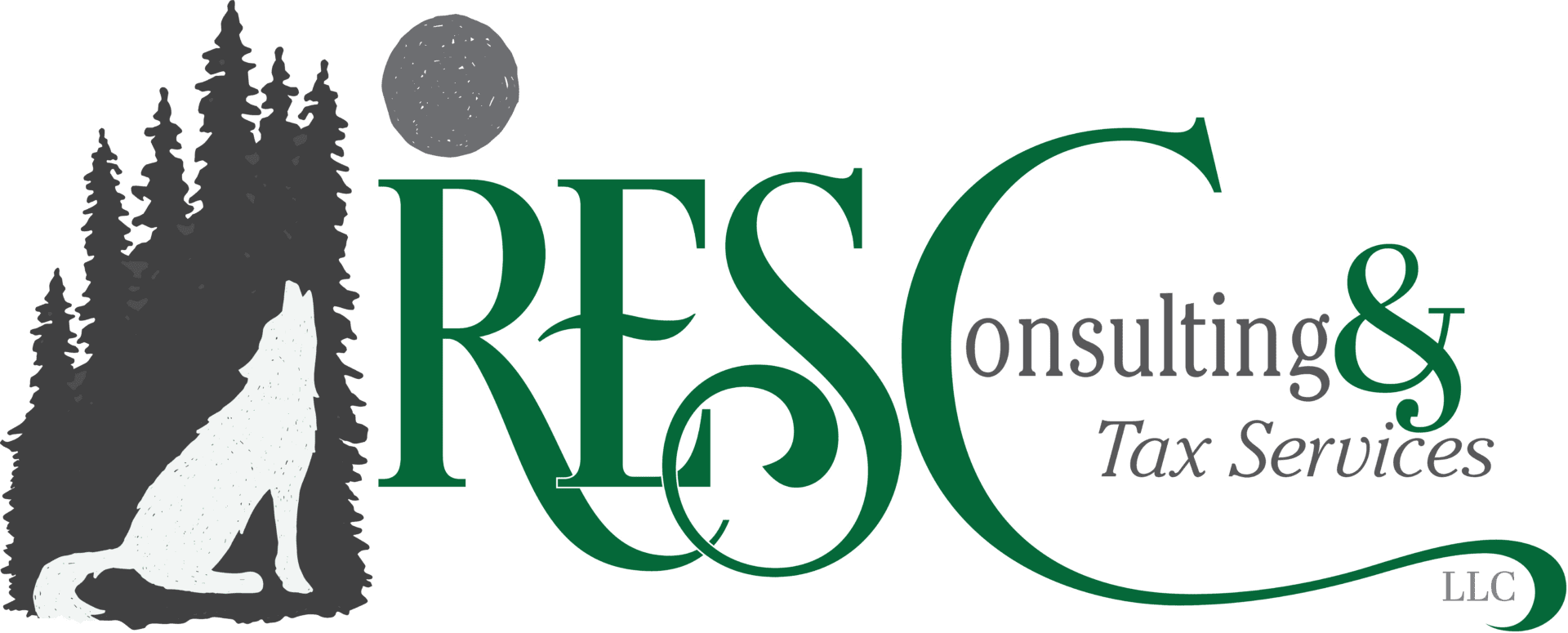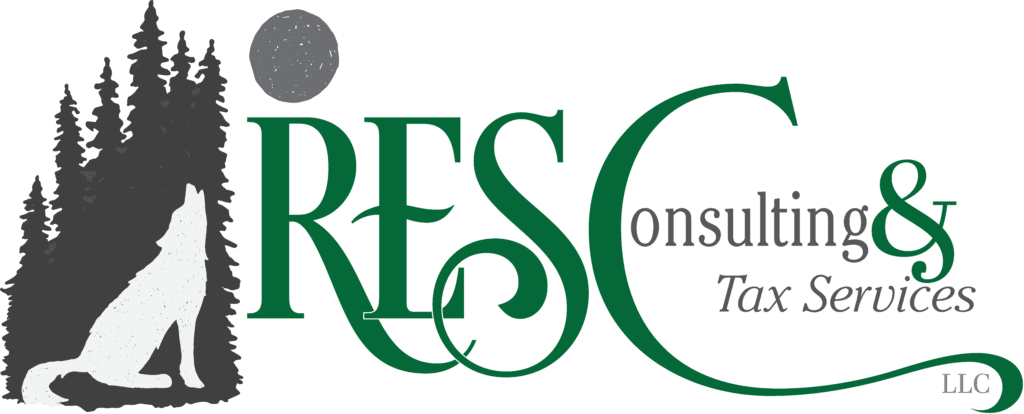
While there is no guaranteed way to avoid an IRS audit, there are some steps you can take to reduce your risk:
- Be accurate: Ensure that your tax return is accurate and complete. Hold on to all of the supporting documentation to back up the figures you report for at least 7 years.
- Incomplete or missing income: Make sure you report all of income, including any freelance or side gig earnings, investment income, and other sources of income. The IRS has access to information from third-party sources, such as W-2s, 1099s, and other forms,. The IRS computers will send up a red flag when there is a mismatch.
- Be consistent and accurate: Ensure that the information reported on your tax return is consistent with previous years’ returns. Enter those forms accurately to ensure all numbers will match the information provided to the IRS by third parties.
- Avoid red flags: Some items on a tax return may be considered “red flags” and actually increase your risk of an audit. The biggest culprits are claiming a home office deduction, failing to report all income, and even filing status discrepancies. While you should never avoid claiming legitimate deductions, make sure you have proper documentation to support them.
- Seek professional help: Consider working with a reputable, certified tax professional to ensure your tax returns are accurate and complete.
Remember, the IRS conducts audits to ensure that taxpayers are complying with the current tax code.
RES Consulting & Tax Services, strives to take the anxiety out of tax time, one client at a time. Schedule an appointment today!

